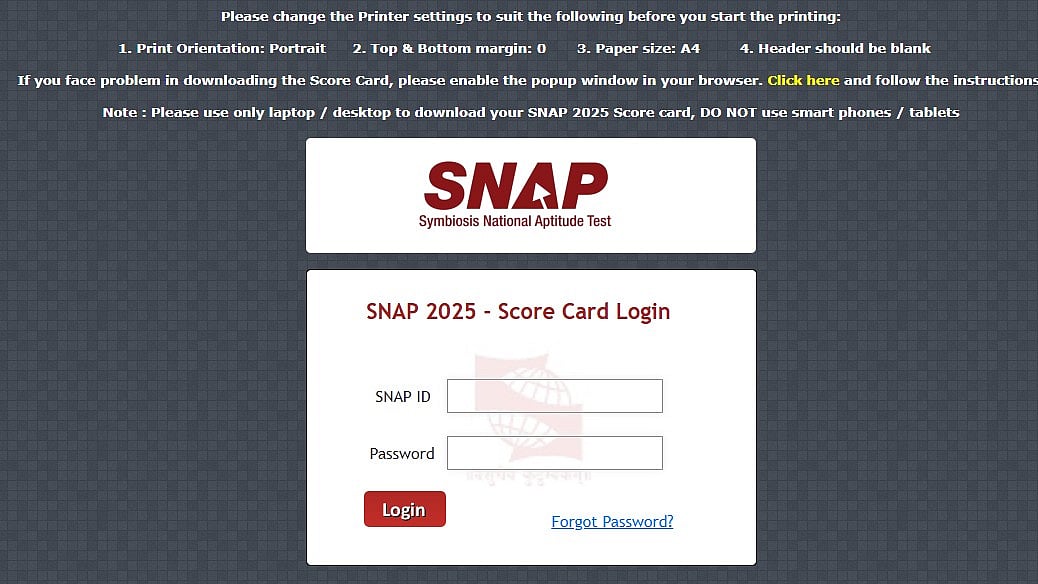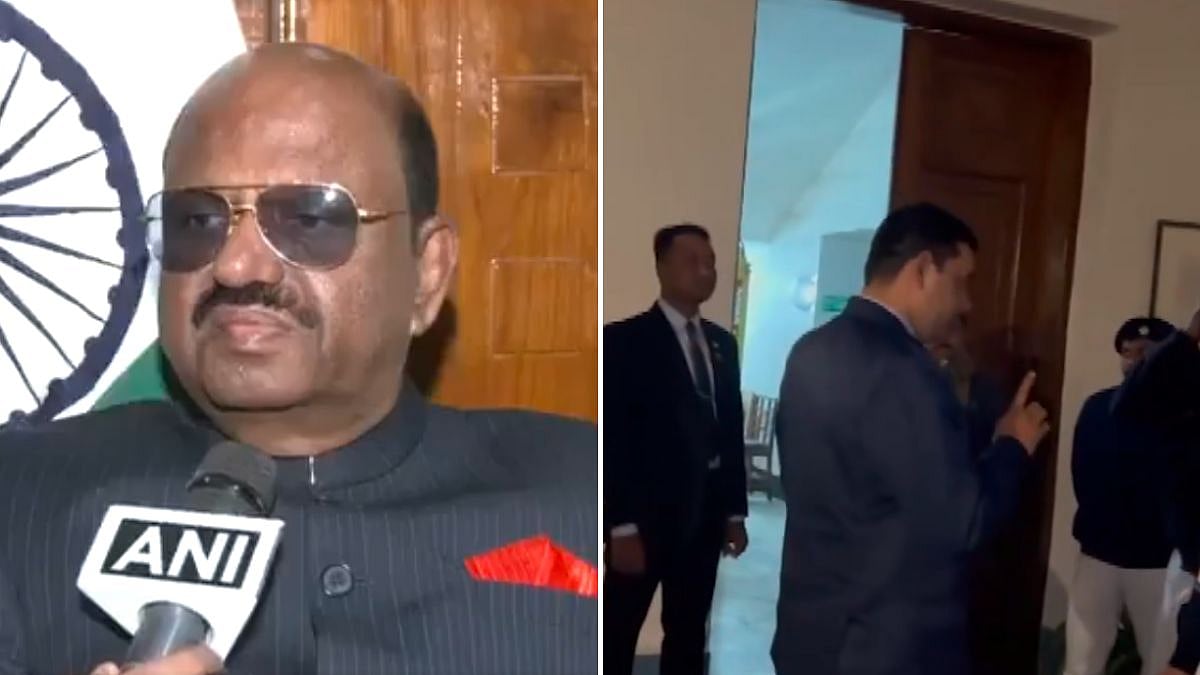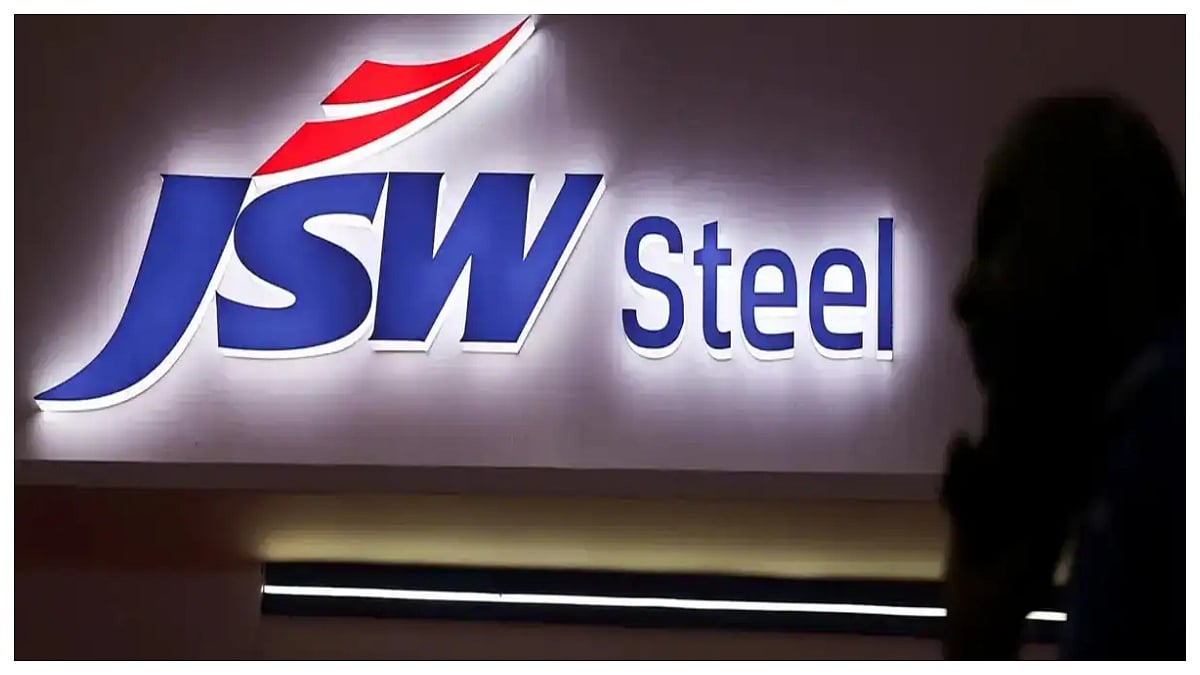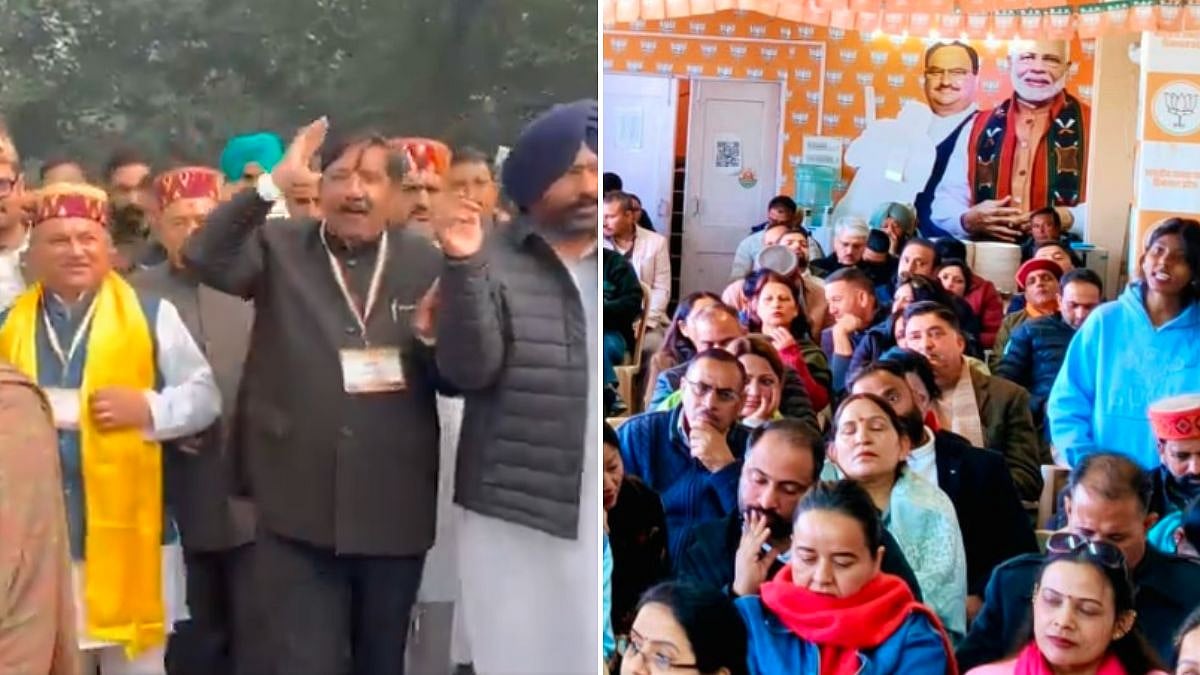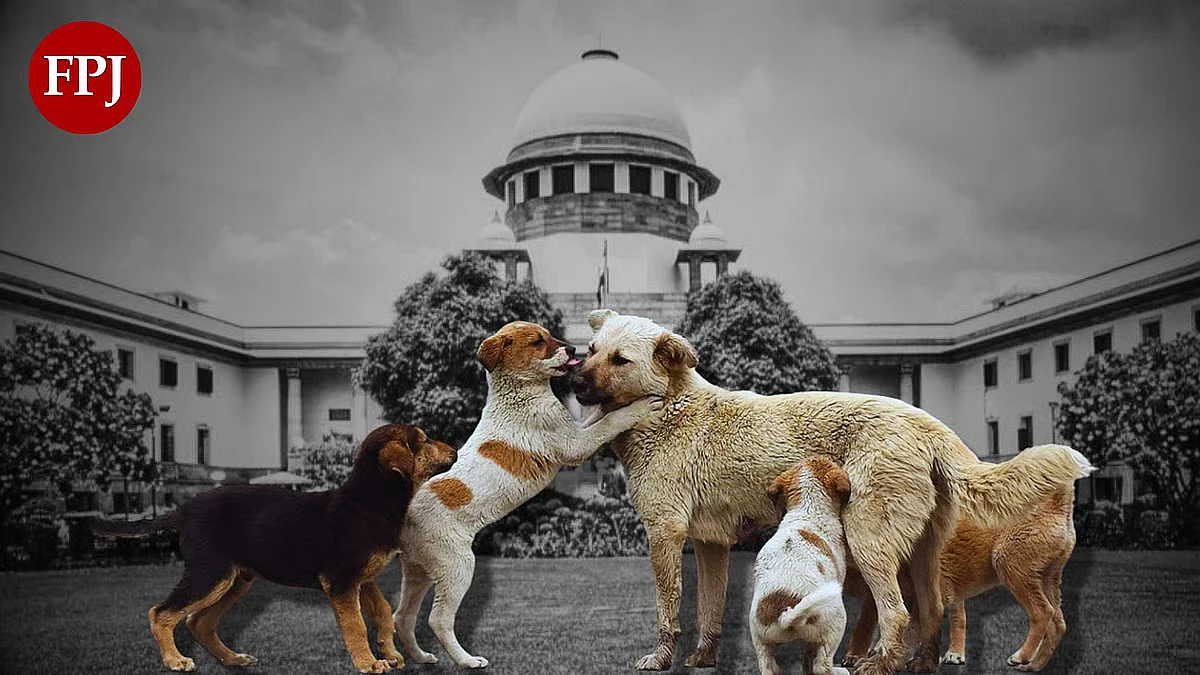Despite the Supreme Court describing the odd-even scheme to restrict vehicular traffic as mere “optics”, the Delhi government has given no indication of withdrawing the earlier decision to implement it from November 13, a day after Diwali. Experience gained from the implementation of the scheme in previous years does not suggest that it would make a major dent in the Air Quality Index. Predictably, the air quality gets worse after Diwali. Though there is a ban on firecrackers, it is observed largely in its violation, especially in the far-flung parts of the city. It is hard to police each hamlet to ensure that firecrackers sold illegally are not lit on Diwali, or even a day or two earlier.
Meanwhile, the apex court suggested that instead of the odd-even scheme the Delhi government should consider differently tagging diesel and CNG vehicles, and banning only diesel vehicles. On Tuesday, a bench of Justices Sanjay Kishan Kaul and Sudhanshu Dhulia was unsparing in its criticism of the Punjab Government as well, rebuking it for failure to stop stubble burning by farmers. “… We don’t care how you stop stubble burning but you have to do it. It must stop... Delhi cannot be made to go through this (toxic pollution) year after year…” Admittedly, the AQI in the capital and nearby areas has been deteriorating over two decades but in recent years it has assumed dangerous proportions, causing respiratory diseases even among children and aggravating the condition of the elderly suffering from asthma and other breathing problems.
The Sheila Dixit government in Delhi on the prodding of the apex court had switched all Delhi Transport Corporation buses from diesel to compressed natural gas (CNG). Even three-wheeler autorickshaws and private taxis had made the switch to CNG. Soon after this, it showed a palpable improvement in the air quality. But within a couple of years the AQI worsened further due to the ever-growing burden of public and private vehicles, the rising construction activity, legal and illegal industrial units, and, above all, the stubble fires by farmers in the neighbouring states of Haryana and Punjab.
More than Haryana, it is in Punjab the incidence of stubble burning remains a huge problem. Delhi Chief Minister and head of the Aam Aadmi Party Arvind Kejriwal had publicly committed to end the menace in Punjab after the installation of the party government in the state. Unfortunately, it has failed to control the Punjab farmers from burning the paddy waste for preparing the fields for the rabi sowing. The Supreme Court was unsparing in its criticism of the state governments for their failure to prevent stubble burning.
Clearly, controlling pollution requires active cooperation and coordination of various state governments and other public bodies. The role of the National Green Tribunal in this regard cannot be minimised. It did not help that the Kerjiwal government in Delhi, typically, quarrelled with the NGT as well instead of working with it in a spirit of cooperation. The municipal authorities in Delhi, now under the AAP, also need to ensure that the practice of waste burning by households, especially in the far-flung parts of the capital, is curbed. Waste fires at various landfill sites too need to be controlled.
Among other doable measures can be the augmentation of the public transport facilities, including the expansion of the Metro network, in order to discourage the use of private vehicles. Maybe the lessons drawn from the two-year Covid pandemic period can be put to good use and private and public offices can consider a mix of office and work-from-home plans in order to reduce vehicular traffic on the road.
Reflecting the seriousness of the problem of toxic air, in Tuesday’s hearing the SC made it clear that they might monitor the efforts by various governments and agencies to curb pollution, and if required might hear the matter on a weekly basis.
Hopefully, all concerned will deal with the bad air situation in Delhi with the urgency it requires. Public health cannot be jeopardised due to the failure of the State governments.


